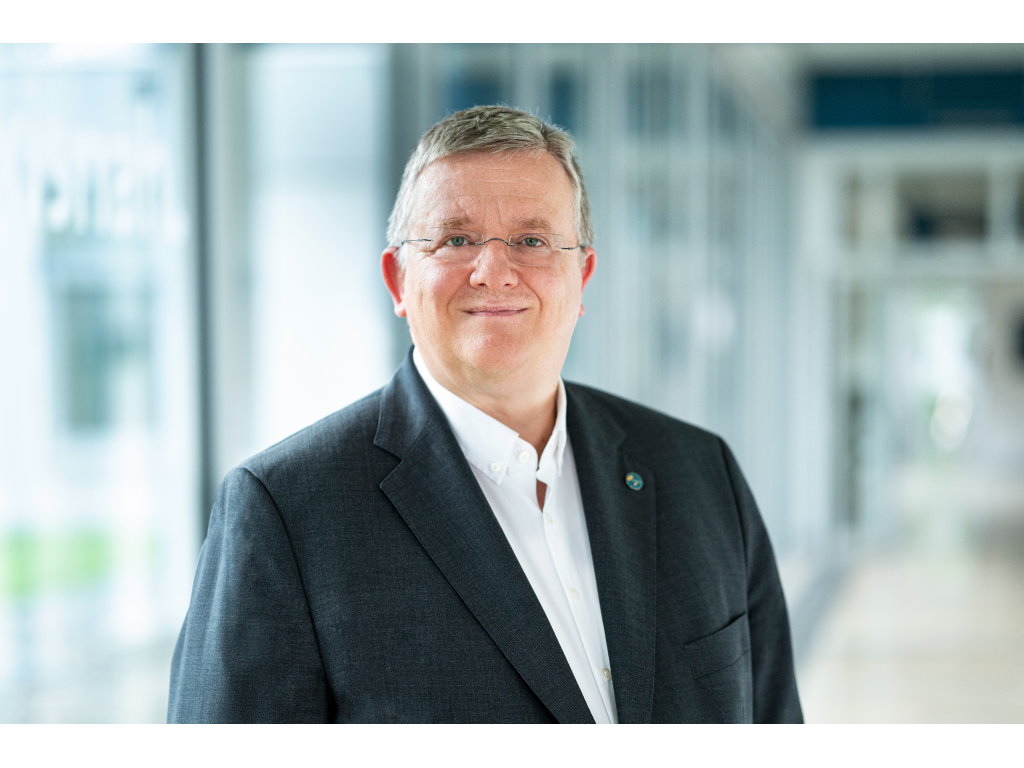Skilled labor immigration law: central questions unresolved according to VDMA
The shortage of skilled workers is currently one of the defining megatrends in the political debate in Germany. For months now, the industry has been urging politicians to introduce a skilled labor immigration law to counteract the shortage of personnel in Germany. On June 23, this was now passed in the Bundestag. However, while Federal Minister of the Interior Nancy Faeser celebrated the law as the “most modern immigration law in the world” in her speech to the members of parliament, Thilo Brodtmann, CEO of the Verband Deutscher Maschinen- und Anlagenbau (VDMA), expressed clear reservations. In his opinion, this reformed law remains a “political construction site. Many central questions remain unresolved.”
Skilled labor immigration law needs to be reformed again
The new version of the law continues to show major shortcomings. Skilled workers willing to immigrate still have to pass through the eye of the needle in embassies and consulates. This is because neither the technical and personnel resources of the missions abroad have been improved, nor is there any sign of a timely digitalization of the procedures. Another major problem is that there is still no solution to the problem of quickly mediating between skilled workers from third countries and domestic companies that would like to employ them. Brodtmann complains that temporary employment agencies are still prohibited from recruiting skilled workers abroad in order to subsequently offer them to their customers in Germany.
